

Why you can't "make" anyone feel anything
2 weeks ago I was walking to the local shop around 5 minutes from my house.
Halfway there, I walked past a psychiatric hospital with two women in their 40s sat outside on their lunch break.
But within the 30 seconds it took me to walk past them, one of the women inhaled her cigarette, exhaled, look at her friend and said in a very matter-of-fact way; "you know what? You really pissed me off last night."
Shocked, but in no way reactive, the other woman turned to her while exhaling her cigarette and asked; "really? Why?".
"Well," the woman continued, "because when I called you out, you kicked off."
Although every part of me wanted to stand there and see what happened next, a voice in my head told me that'd be too awkward so I continued walking to the shop.
But I couldn't stop thinking about that conversation for the rest of the day because it reminded me of something I learned from non-violent communication.
And that is...
You can't make anyone feel anything.
Here's why...
How people feel is a direct result of their needs, values and expectations; all of which you have no control over.
You can be the stimulus for someone feeling something. As in, you can be the awakening to their needs, values and expectations but you can never be the "why" causing this feeling.
Here's a quick example that explains this further...
I can do the same thing to two different people but I'll get two different responses.
Why?
Because they both have different needs.
For example, let's say I have two friends; David and James.
James has the need for laid back relationships with no scheduled events or calls. Whereas David has the need for punctuality and frequent phone calls in a friendship.
If I schedule a call with either friend but then cancel the call, James is going to be happy but David is going to be annoyed.
Again; I can do the same thing to two different people but I'll get completely different responses.
The difference? = each person's needs/values/expectations.
Why is this important?
If you're in a relationship (friendship, familial, professional or romantic) and the other person keeps saying "you make me feel x/y/z", you're setting yourself up to be an emotional slave.
You'll tailor everything you do to please the other person because you'll be convinced YOU are responsible for how they feel.
Long term dis is no gud stratagee 4 hooman.
So what's the alternative to emotional slavery?
You need to learn how to become responsible to other people instead of responsible for.
Being responsible for someone sounds like this...
Melissa: "ARGH! You make me so angry!"
Joe: "Well, I'm sorry, I didn't want to make you feel that way."
Melissa: "Well you did."
Joe: "Ok, I'm sorry, I'll do my best to not make you feel that way in the future."
Being responsible to someone sounds like this...
Melissa: "ARGH! You make me so angry!"
Joe: "Listen, I want to help you stop feeling angry, but in order to do so I'll need to understand why you feel angry."
Melissa: "DUH! Because you make me angry!"
Joe: "Ok, so can you clarify exactly what I did that made you angry?"
Melissa: "You know what."
Joe: "No, I don't, and I don't want to guess. Please tell me."
Melissa: "Well, you just being an asshole."
Joe: "I'm afraid that's not helpful, nor will it help me help you stop feeling angry. Tell me exactly what I did that made you feel angry."
Melissa: "When you slammed the door after our argument."
Joe: "Ok, thank you for telling me. Now can you tell me why that made you feel angry. If it helps, can you say "when you slammed the door, I felt (emotion) because I have (need)".
Melissa: "Well, when you slammed the door I felt angry because you did it, end of."
Joe: "Again, that's not helpful. I need to understand what need of yours wasn't fulfilled by me slamming the door."
Melissa: *Pauses to think...
Melissa: "Safety."
Joe: "You felt unsafe?"
Melissa: "Yeah, I felt scared."
Joe: "So you didn't feel angry, you felt unsafe?"
Melissa: "Yeah," *begins to cry* "you scared me."
Joe: "Thank you for being honest. Can you complete the sentence now?"
Melissa: "When you slammed the door, I felt scared because I have the need for safety in my relationships."
Joe: "Now I'd like to know what you request of me next time."
Melissa: "When you slammed the door, I felt scared because I have the need for safety in my relationships. The next time we have an argument, I'd like you to tell me when you're feeling angered so we can stop before it goes any further."
Joe: "Thank you."
Who's cutting onions 😭🧅 the part when she started crying got me. 😭 😭 😭
In the latter example, Joe became responsible to Melissa by:
1.) Understanding the need underlying her emotion.
2.) Committing to helping her meet it.
If he just wanted to stop being responsible for her emotions, he would've just said something like "I'm not responsible for how you feel. I can do what I want."
In a nutshell, you stop being responsible for other people's emotions when you realise you aren't the why causing them, but you become responsible to other people's emotions when you commit to helping the person meet the needs causing their emotions.
Caveat...
You might already be thinking this but in case not, most people aren't going to know what non-violent communication is. So they're going to continue to say things like "you make me feel x".
So when they do, without judgement, your task is to become a translator.
Whenever you hear someone say "you make me feel x", don't believe it. Hear it through NVC and translate it as "when you (action), I feel (emotion) because I need..." And you can encourage the person to complete the sentence or not. Either way give this person compassion because they've never learned how to take responsibility for how they feel.
Go deeper...
In the book non violent communication, Marshall B. Rosenberg highlights there are 3 stages we go through in a relationship.
1.) Emotional slavery
Where you take responsibility for other's emotions.
You try to make everyone happy.
2.) The obnoxious stage
You feel angry as you start to realise how much time/energy you've wasted from assuming responsibility for other's emotions.
You stop being responsible for but haven't learned how to be responsible to others in a way that's not emotionally enslaving.
You assert your needs, which is great, but sometimes you do so at the expense of the other person.
3.) Emotional liberation
You take responsibility for how you feel and respond to the needs of others out of compassion, never fear, guilt or shame.
You have have now learned how to be responsible to others instead of responsible for.
Rosenberg also highlights some common characteristics of non-responsibility taking speech:
Use of impersonal pronouns such as it/that:
"It really bugs me when spelling mistakes appear in our videos. It really bugs me..."
I feel... because... (followed by a person / personal pronoun):
"I feel hurt because you said you don't love me."
Statements that mention only the action of others:
"When you don't call me on my birthday I feel hurt."
"Mummy is disappointed when you don't finish your food."
Instead, connect your feeling with your need:
"I feel... because I need..."
"I feel infuriated when videos have spelling mistakes because I want to project a professional image."
"Mummy feels disappointed when you don't finish your food, because I want you to grow up strong and healthy."
Finally, and to put this into practice, have a read of the following sentences and try and figure out whether the person is taking responsibility for their emotions or not:
- You irritate me when you leave company documents on the conference room floor.
- I feel angry when you say that, because I am wanting respect and I hear your words as an insult.
- I feel frustrated when you come in late.
- I'm sad you won't be coming to dinner because I was hoping we could spend the evening together.
- I feel disappointed because you said you'd do it but you didn't.
- I feel discouraged because I'd have liked to have progressed further in my work by now.
- Little things people say sometimes hurt me.
- I feel happy that you received that award.
- I feel scared when you raise your voice.
- I'm grateful you offered me a ride because I was needing to get back before my children arrived.
.........
Here are the answers...
- You irritate me when you leave company documents on the conference room floor.
No responsibility. ❌
The statement implies that the other person’s behavior is solely responsible for the speaker’s feelings. It doesn’t reveal the needs or thoughts that are contributing to the speaker’s feelings. To do so, the speaker might have said, “I’m irritated when you leave company documents on the conference room floor, because I want our documents to be safely stored and accessible.”
- I feel angry when you say that, because I am wanting respect and I hear your words as an insult.
Responsibility taken ✅
- I feel frustrated when you come in late.
No responsibility. ❌
To express the needs or thoughts underlying his or her feelings, the speaker might have said, “I feel frustrated when you come late because I was hoping we’d be able to get some front-row seats.”
- I'm sad you won't be coming to dinner because I was hoping we could spend the evening together.
Responsibility taken ✅
- I feel disappointed because you said you'd do it but you didn't.
No responsibility. ❌
To express the needs and thoughts underlying his or her feelings, the speaker might have said, “When you said you’d do it and then didn’t, I felt disappointed because I want to be able to rely upon your words.”
- I feel discouraged because I'd have liked to have progressed further in my work by now.
Responsibility taken ✅
- Little things people say sometimes hurt me.
No responsibility. ❌
To express the needs and thoughts underlying his or her feelings, the speaker might have said, “Sometimes when people say little things, I feel hurt because I want to be appreciated, not criticized.
- I feel happy that you received that award.
No responsibility. ❌
To express the needs and thoughts underlying his or her feelings, the speaker might have said, “When you received that award, I felt happy because I was hoping you’d be recognized for all the work you’d put into the project.”
- I feel scared when you raise your voice.
No responsibility. ❌
To express the needs and thoughts underlying his or her feelings, the speaker might have said, “When you raise your voice, I feel scared because I’m telling myself someone might get hurt here, and I need to know that we’re all safe.”
- I'm grateful you offered me a ride because I was needing to get back before my children arrived.
Responsibility taken ✅
Remember: responsible to > responsible for. Big difference.
Now let's finalise with this week's personal realisations:
- All it takes is 3 days of dopamine binging to ruin your life. All it takes is 3 days of returning to slow dopamine to reclaim your life.
- The reason why no one is coming to save you isn’t because no one will help you but because no one can force you to change.
- “No one cares” is wishful thinking at best and lack of social experience at worst.
- Most of the time you are acting upon a lack of information. Talk to the person involved. Gather more info.
That's all for this week.
Thank you for reading,
Lew
P.s. 1: Some of you guys might have noticed we've stopped doing the big 3 structure and we're just sticking to 1 topic per newsletter. So we need a new name for the newsletter!!! Any ideas? Best idea will get a shoutout when I've chosen. Brief: aim = to improve your mental health and social skills, sent once every Thursday. Inappropriate names always welcome.
P.s. 2: This week's research for the social anxiety project was all about exposure. The aim is to create a solid protocol to help you gradually expose yourself to any situation that makes you anxious. 1-3 exposures later and your anxiety will be TOAST.
P.s.s 3: Put a book shelf up. Travelled back from London and saw an awesome view.
Hope you're doing well.


tHURSDAY'S THERAPY
Join 10,000+ improving their mental health & social skills 1 Thursday newsletter at a time
Happy to have you here!
try refreshing the page and trying again!




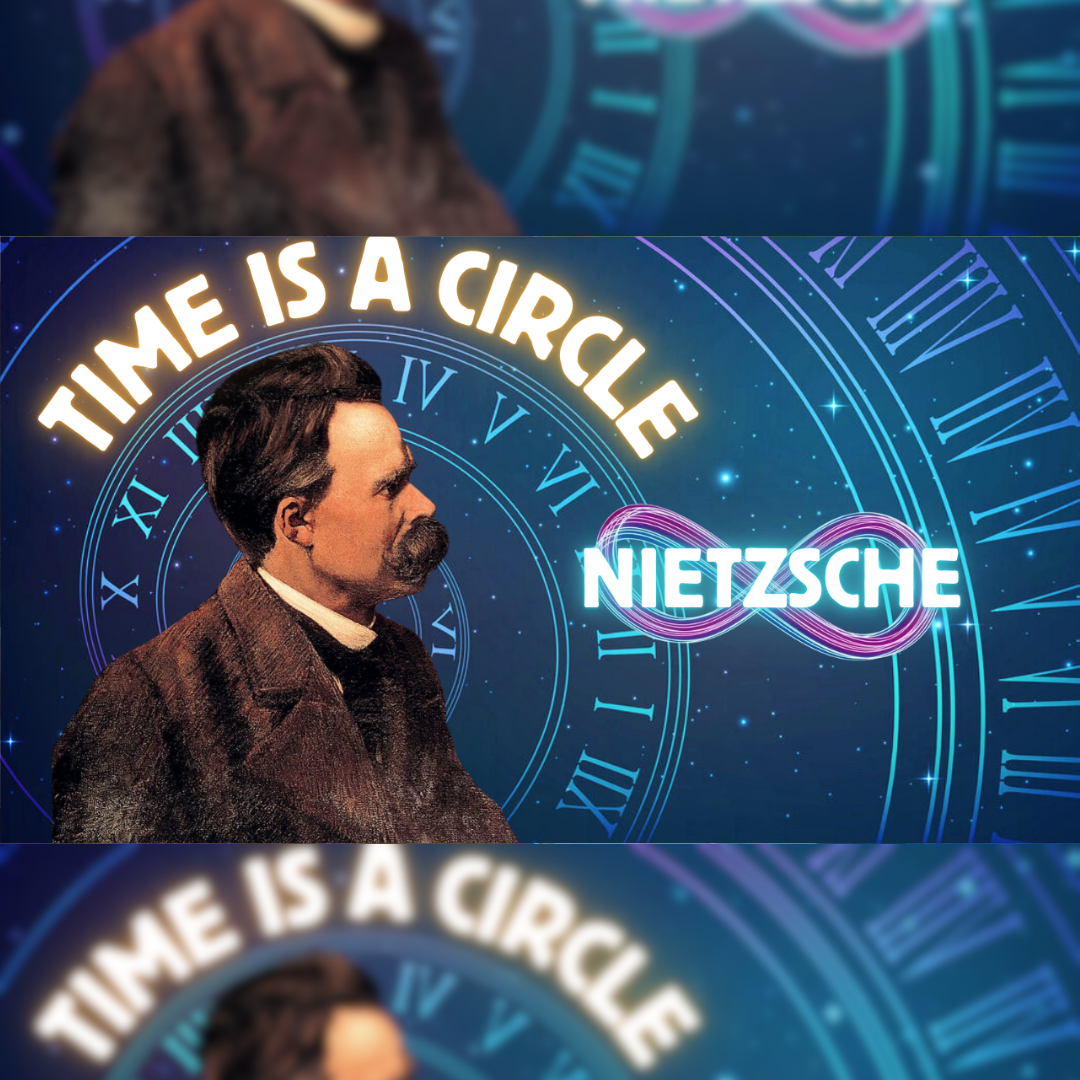
.png)
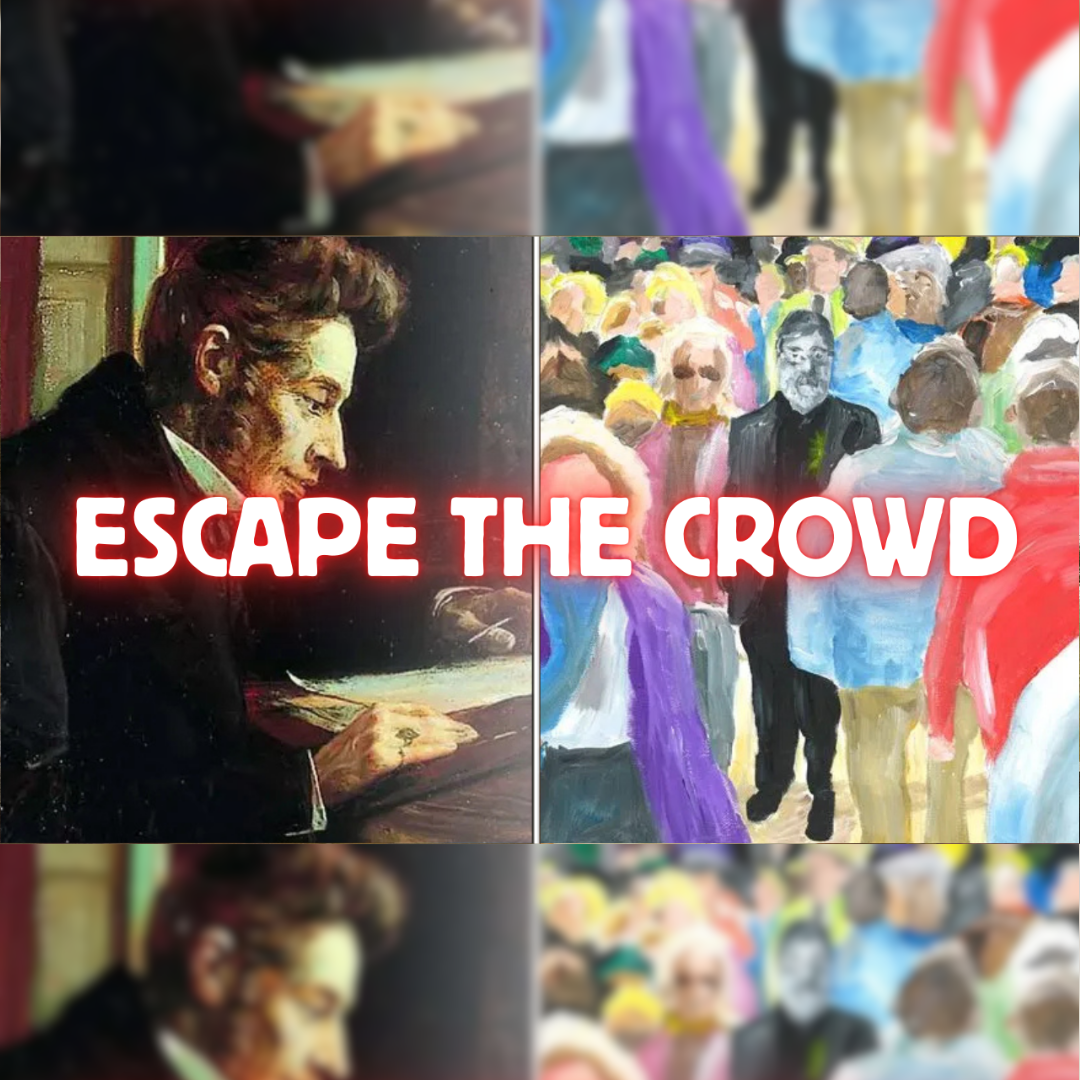
.png)
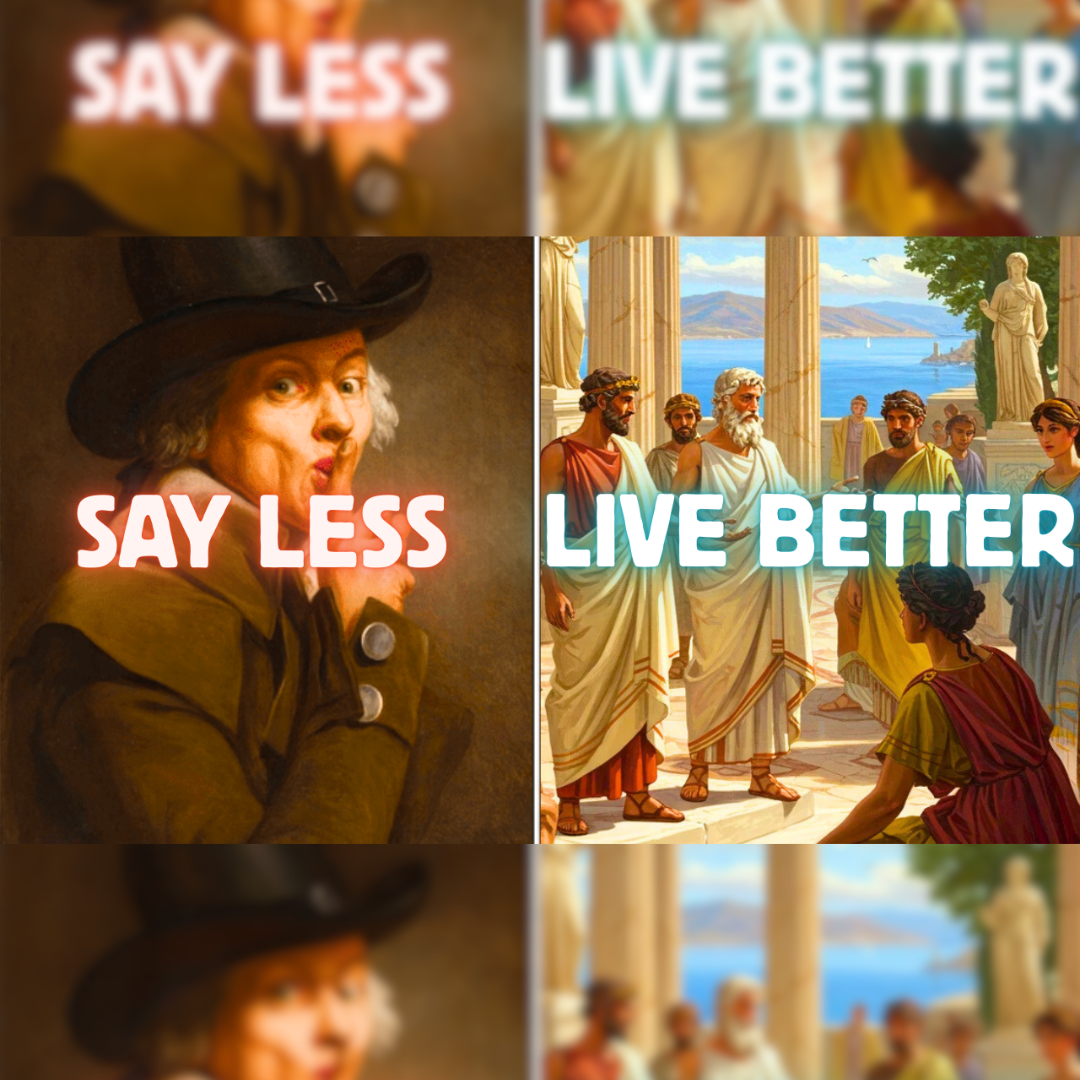

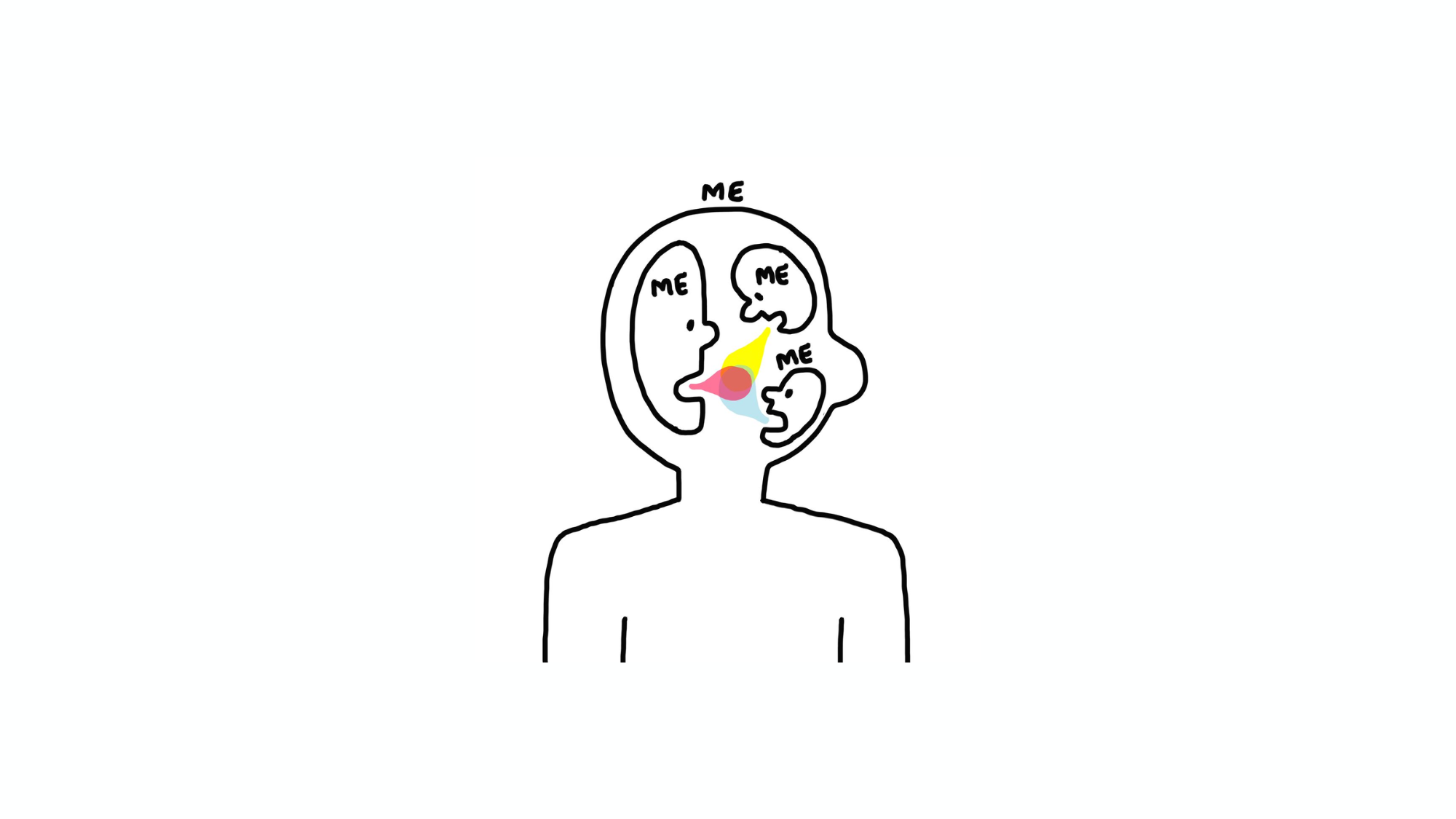
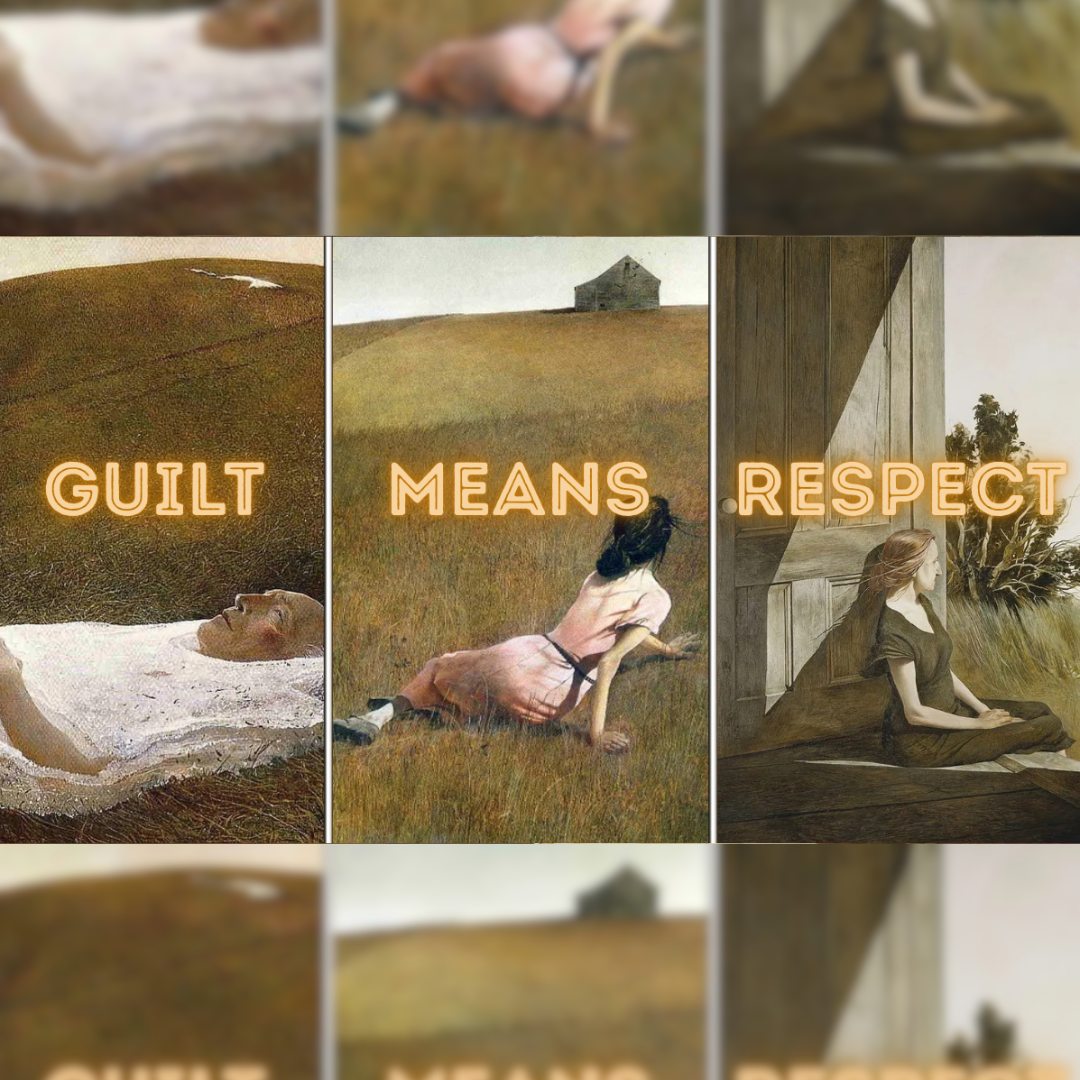
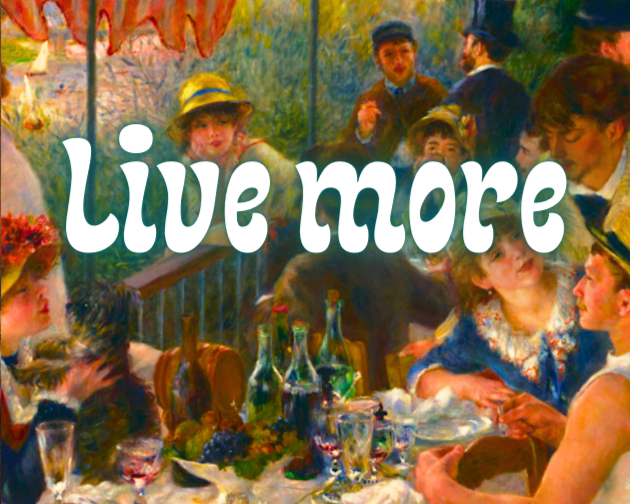





.png)